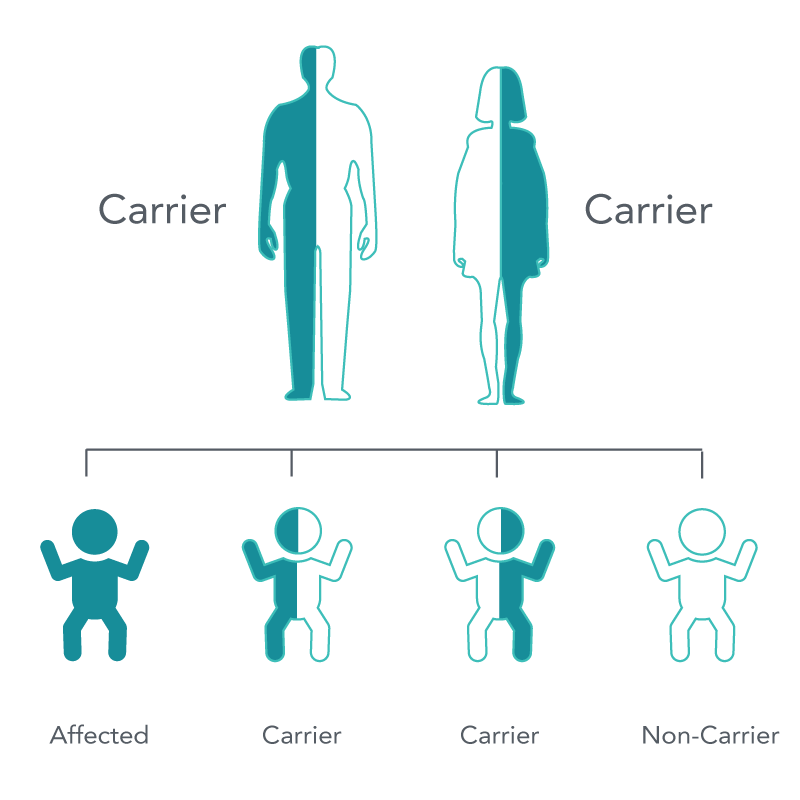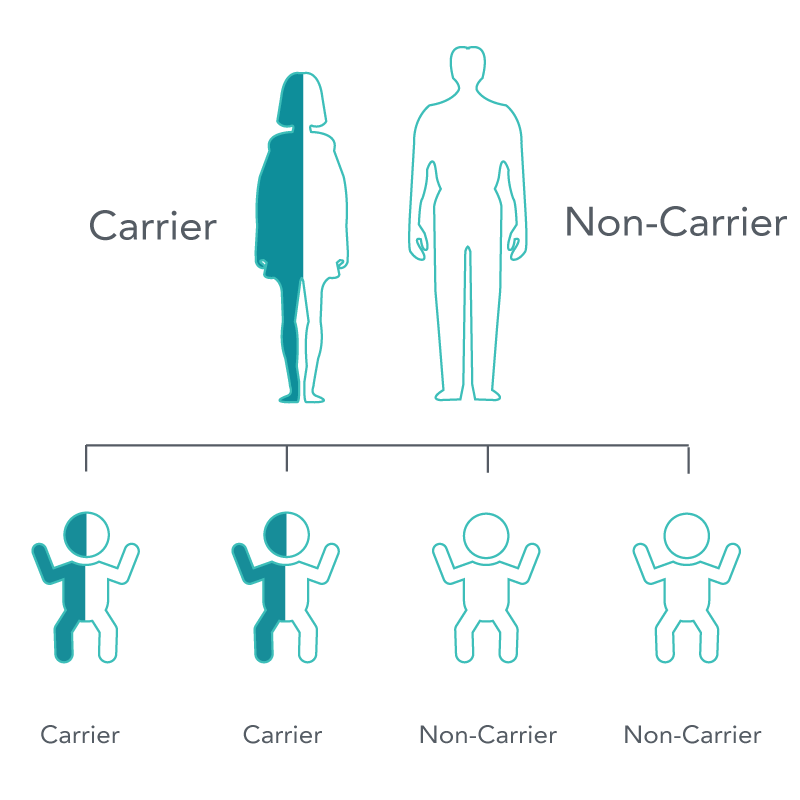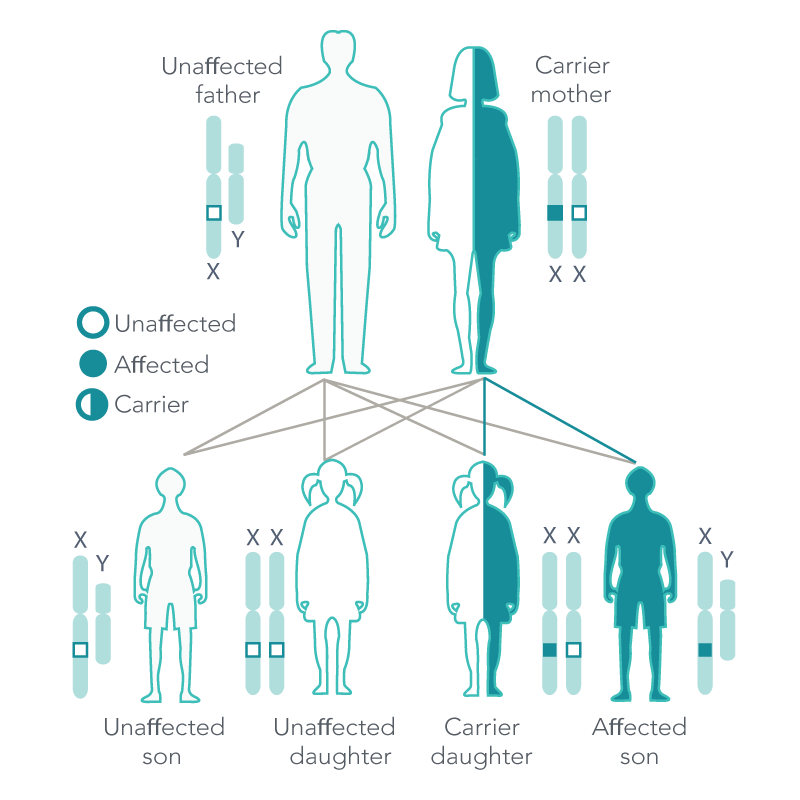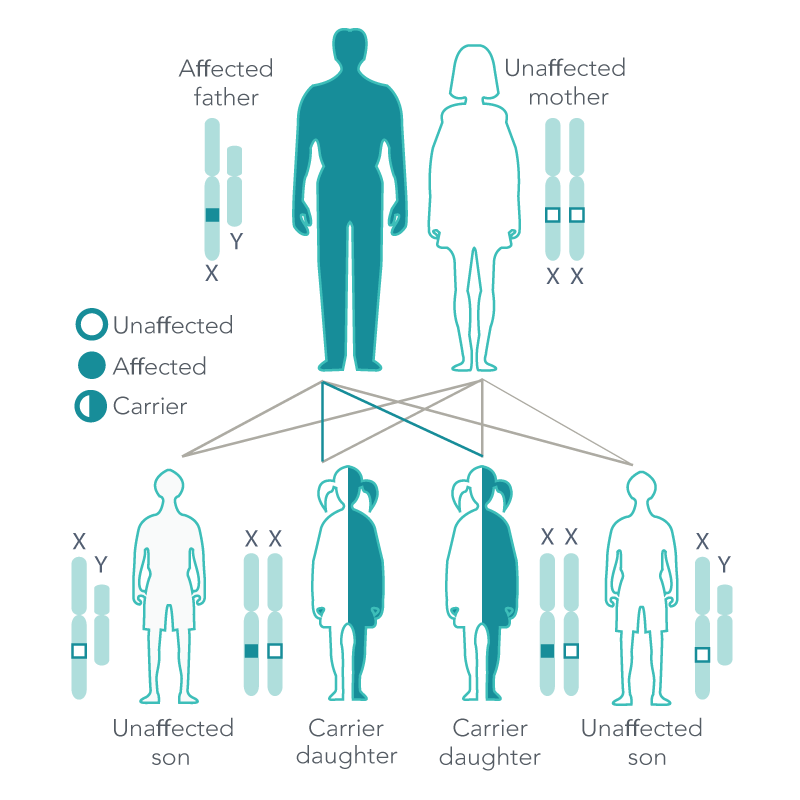ASPiRA GenetiX Carrier Screening
Aspira offers both targeted and comprehensive carrier screening options. Most people are not aware of their carrier status because they do not have symptoms or a family history of disease.
Know Your Risk
Carrier Screening is designed to identify potential reproductive risks for a current or future pregnancy. Every person has a risk to be a carrier for a number of genetic changes that could cause disease in their child. Typically, carriers of a genetic condition are healthy and are not aware of their risk. If their partner is also a carrier for the same condition, they are at an increased risk of having a child affected with a severe genetic condition.
Genetic Counseling is available to answer any questions you may have before or after your testing is performed.
The American College of Obstetricians and Gynecologists (ACOG) recommends carrier screening for any woman who is pregnant or planning to become pregnant. If a woman is found to be a carrier for an autosomal recessive condition, testing for her partner is recommended to determine their child’s risk.
Benefits of Carrier Screening
Provides information to make informed decisions regarding:
- Reproductive planning
- Prenatal testing options
- Preparation for the birth of a child with a genetic disorder
- Healthcare options that are most appropriate for you and your family

Inherited Diseases Covered by ASPiRA GenetiX Carrier Screening
- Cystic Fibrosis
- Fragile X Syndrome
- Sickle Cell Anemia
- Spinal Muscular Atrophy
- Tay-Sachs
- Thalassemia (Alpha & Beta)
- Canavan Disease
- Bloom Syndrome
- Wilson Disease
- Over 320 hereditary conditions
There are two types of conditions that are screened by this testing: Autosomal recessive and X-linked
Learn More Below
Autosomal Recessive Conditions
For most genes we have two copies — one we inherit from our fathers and one we inherit from our mothers. Autosomal recessive conditions will only manifest if both copies of the gene are affected.

If both parents carry a disease-causing mutation in the same same gene, each time they are pregnant there is a 1 in 4 (25%) chance to have an affected child.

If only one parent carries a disease-causing variant but the other parent does not, their children will not be affected. The children have a 50% chance of being a carrier or a non-carrier.
X-linked Conditions
Some disease-causing variants are located on the X-chromosome. Females have two X-chromosomes while males have only one. Males that inherit disease-causing variants on the X-chromosome are always affected, while females are often unaffected carriers.
X-Linked Recessive Inheritance, Carrier Mother

If a woman carries a disease-causing variant on the X-chromosome, each of their children has a 1 in 2 (50%) chance to inherit the variant. Sons will be affected and daughters will be carriers.
X-Linked Recessive Inheritance, Affected Father

If a man is affected by an X-linked condition, all his daughters will be carriers and his sons are not at risk (there is no male-to-male transmission in X-linked conditions).
Quick Facts
- Results are available in 2-3 weeks
- If you are found to be a carrier of a condition, your relatives may also be carriers of the same condition
- Genetic counseling is available
- This testing is covered by most insurance plans
- The Genetic Information Nondiscrimination Act (GINA) protects individuals from discrimination based on genetic testing results and genetic information
-
Want to speak with a Genetic Counselor?
Learn MoreTalk with a genetic expert by phone or video before or after your testing is ordered.